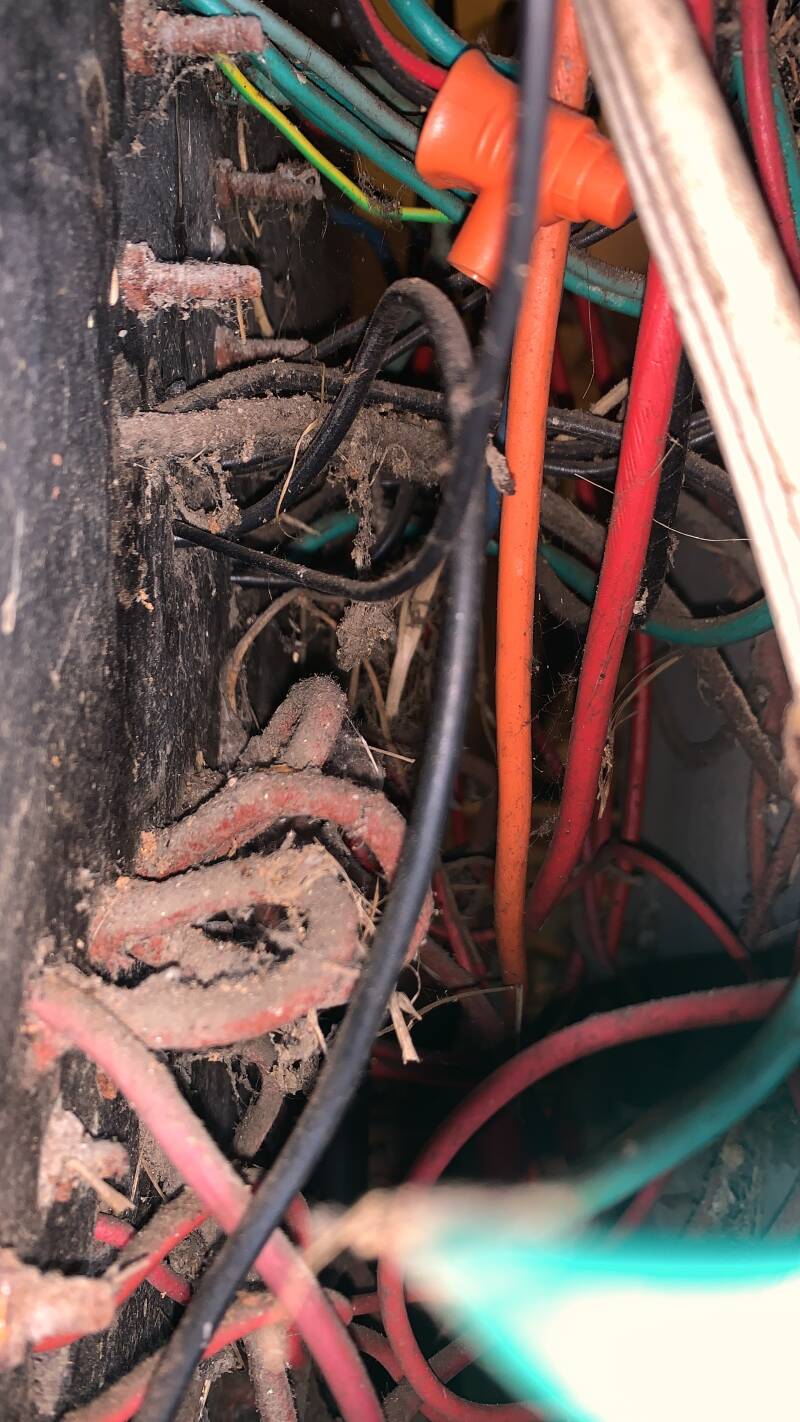Sustainable Energy. Simply Better
How do Solar Panels Work?
Solar panels work by converting sunlight into electricity. Sunlight hits the solar panels – which are made up of photovoltaic (PV) cells. The PV cells generate direct current (DC) electricity from the sunlight. An inverter converts DC to AC (alternating current), which is what your home uses. The electricity powers your home, and any extra can go back to the grid (sometimes earning you credits).
No moving parts, no noise, no drama — just clean, renewable energy from the Sun!
Environmental Impacts of Solar : Shine brighter, Clean Energy and Pure Power
Solar Power: Good for Your Wallet, Great for the Planet
Going solar isn’t just smart — it’s earth-huggingly awesome. Here’s how your panels help save the planet (while you chill in the AC): No Emissions, No Guilt Trips Solar doesn’t puff out pollution like fossil fuels do. It’s the clean, quiet overachiever of the energy world. Cuts Carbon, Not Trees less need for dirty energy means fewer forests crying into their roots. Go solar, save a tree. Maybe even name it. Sunshine Is Unlimited — Unlike Your Patience for Rising Bills Fossil fuels run out. The sun? It’s not quitting anytime soon. (Roughly 5 billion years of free power left.) Feel-Good Energy You’ll sleep better knowing your lights are on thanks to sunshine, not smoke stacks.
ARE SOLAR PANELS WORTH IT IN NZ?

When you think of New Zealand, you probably picture lush landscapes, clean air, and a country that thrives on sustainability. So it’s no surprise that more and more Kiwis are asking the big question: Are solar panels really worth it in New Zealand? Spoiler alert— find out in our link.
Solar vs. Traditional Power: THE 2025 Showdown

With power bills climbing and the planet crying out for change, more Kiwis are asking:
“Is it time to ditch the grid and go solar?”
2025 could be the turning point—so let’s break it down. From upfront costs to long-term savings, we’re cutting through the noise to show you what really puts money back in your pocket.
Solar Battery backups: The Ultimate Power Move for Energy Security and Savings

In an age of rising energy costs and grid instability, solar energy alone isn’t enough—you need control, resilience, and backup. That’s where solar battery backup systems come in.
Whether you’re a homeowner, business, or off-grid operator, adding battery storage to your solar system transforms your setup from energy-efficient to energy-independent.
If you're ready to stop relying on the grid and start owning your power, this is the upgrade you've been waiting for.
What if you could turn your roof into money saving asset?

That’s right, your solar panels keep working for you even when you’re not using the power and get paid for it. We will guide you and handle you the solar power remote so you could take command and control your energy like never before
Signs you need to Upgrade your home’s wiring


Visible Old Wiring: Hey there! If you come across wiring like the ones in the images above, which are usually cloth-insulated and called VIR cables, you might find them in some homes built in the 1980s or 90s. While they were common back then, they’re now considered outdated and could pose some safety risks.
Frequent blown fuses or tripped circuit breakers: This suggests that your electrical system overloaded or has a fault. While occasionally tripping can be normal, repeated issues indicate a problem your current wiring might not handle.
Sun’s Free but Your Power won’t be

Electricity costs have risen 30% in the last five years and are expected to increase by up to $25 during winter. Investing in solar now is a smart move to mitigate rising electricity costs.
Plug in. Power up. Go Further

Smart Charging technology can effectively manage electricity demand from electric vehicles (EVs). Unlock your Smart features with us.
The Future of Old Solar Panels: Reuse and Recycling

You might be wondering how long solar panels last? and what happens after 30 years of use. Well, here’s the exciting part: Solar panels don’t just stop working overnight after 30 years. They still produce electricity just at a lower efficiency and slowly degrade over time, but they still have an impressive recycling efficiency of 96% and can be used again.
Frequently asked questions
Promotional offer
Don't miss out on the chance to save while enjoying the quality and service you love. Keep an eye on this space for the latest updates and grab these amazing deals while they last!